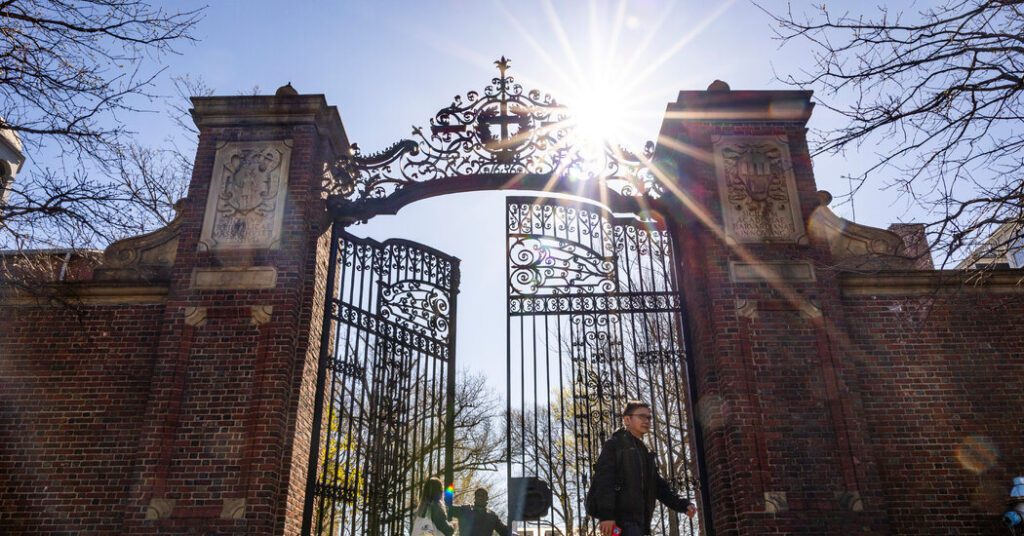“There is no such thing as institutional neutrality,” Peter Wood, president of the National Association of Scholars, said Tuesday. “Those who claim to abide by it find a myriad of alternatives and say, 'But not this time.' When it comes to politically sensitive issues, universities will do what they always have. Institutional neutrality is a false flag operation.”
For years, the university has sent out largely noncontroversial messages about a range of world and domestic events, from Russia's invasion of Ukraine to domestic racism, but perhaps more than any other issue, the Israeli-Palestinian conflict has divided the university community and revealed the downside of such statements on a hotly debated subject.
Harvard University came under heavy criticism for the way it communicated following the October 7 Hamas attack on Israel.
To some critics, such as former president Lawrence H. Summers, Harvard was eerily slow to condemn a pro-Palestinian letter by a student coalition that held the Israeli government responsible for the ongoing violence. Dr. Summers suggested that the vacuum created by Harvard's slow response allowed the student statement to become entrenched in some people's minds as the university's official position.
University officials were accused of caving to influential alumni and wealthy donors after then-Harvard president Claudine Gay made a series of statements, including one in which she condemned “Hamas terrorism” and called it “abhorrent.” Gay was forced to resign over her response to protests against the Israel-Hamas war.
Feldman said the transition won't be easy. It will require a culture change for people inside and outside the university to accept that “the university has truly adopted a 'keep quiet' policy,” he told The Gazette.
Susan C. Beachy contributed to the research.

